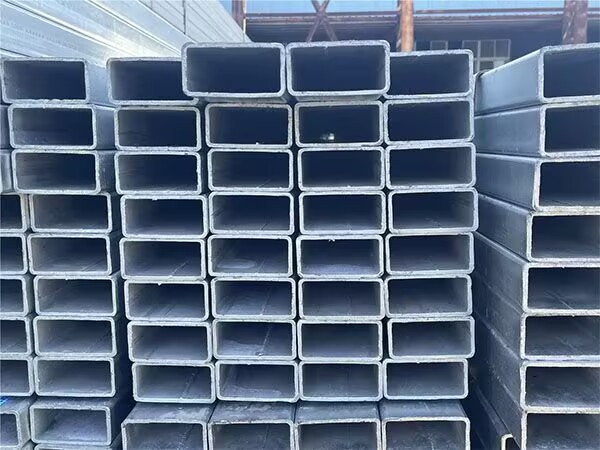For decades, steel pipe has become a widely used material in the construction industry. In building construction and structural engineering, steel pipe is often used as a key link such as support, load-bearing and fluid transportation because of its good mechanical properties and diversified applications.
As a
leading manufacturer, exporter and stockist of steel pipes and fittings in China, we at
CENTRAL STEEL believe that the demand for steel pipes will continue to rise. Read on to find out how steel pipe can make your construction project profitable!

Durability
Steel pipes have two main uses in the construction field: structural and transportation. In terms of structure, steel pipe is mainly used for support and load-bearing, steel pipe has high tensile and bending strength, and the design of air section makes the weight lighter under the same carrying capacity, which can effectively reduce the structural weight. This characteristic makes the steel pipe has an advantage in load-bearing and frame structures, which can reduce construction costs while ensuring overall stability.
In terms of transportation, steel pipes are usually used for the transportation of oil, natural gas, sewage and water, and can also be used for the transportation of other chemicals. After proper anti-corrosion and protective treatment (such as hot dip galvanizing, coating, etc.), the steel pipe can maintain stable mechanical properties in a variety of harsh environments and has a high durability.
Corrosion resistance
Corrosion is arguably one of the most common problems in the construction sector and can directly compromise the structural integrity of a project. Unlike other pipes, steel pipes are very suitable for use because of their corrosion resistance.
For example, plastic pipes that have experienced wear and tear may no longer be conducive to the application. Copper fittings are not resistant to corrosion and are therefore more likely to pose a hazard to the entire structure. The steel pipe not only has a certain corrosion resistance, but also has strong wear resistance, and it has a variety of materials, which can effectively cope with corrosion problems.
Good plasticity and ductility
Steel pipe can absorb external impact and deformation within a certain range without brittle fracture. Good ductility helps to improve the seismic performance of buildings, and can effectively buffer and disperse stress under the action of earthquake or wind load.
Cost-effectiveness
When the steel pipe section is the same, the pipe wall can be relatively thin, saving the amount of steel; And the structure design of thin tube wall and hollow section not only performs well in mechanical properties, but also reserves more usable space for the building. In some cases, steel pipes can also double as equipment pipes or cable channels, reducing the need for additional pipeline layout. In addition, the price of steel pipes is also cheaper than other materials, and a wide variety of steel pipes can be selected according to different engineering needs.
Convenient construction
Steel pipe shape rules, high dimensional accuracy, easy to cut, weld, thread or flange connection, suitable for a variety of building forms and on-site construction needs. Compared with concrete and other materials, the on-site installation and disassembly efficiency of steel pipe structure is higher, and the later maintenance and transformation are also more convenient.
Conclusion
The use of steel pipes in construction can not only provide excellent bearing capacity and ductility, but also take into account construction efficiency, durability and material economy, and is widely used in multi-storey frames, high-rise buildings, temporary supports, scaffolding and building curtain walls and other fields.
